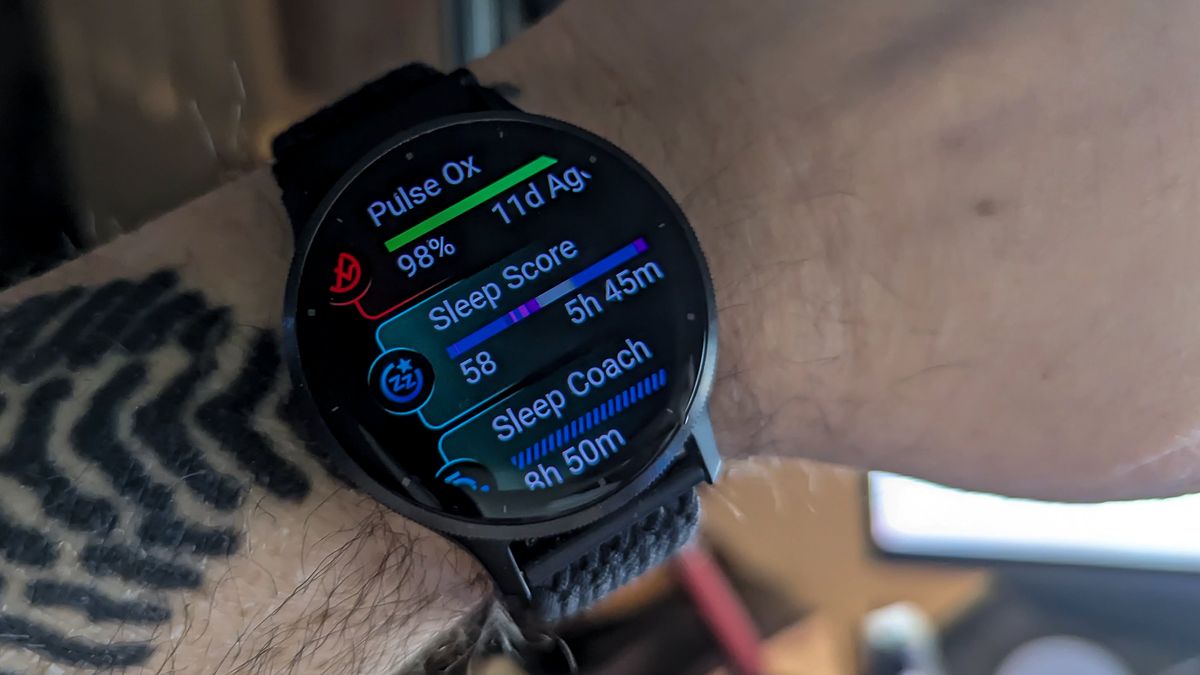Sports
Tyson Fury and Mo Salah outearn Europe’s highest paid CEOs—but top U.S. execs trail only Cristiano Ronaldo’s $260 million haul

There is no I in ‘team’, as countless sports coaches have reminded athletes over the years. On the other hand, there also isn’t an I in ‘very large sums of cash’, but it doesn’t seem to have prevented the world’s leading sports stars from accumulating precisely that.
According to the annual Forbes World’s Highest Paid Athletes list, the top 50 sports people made a combined total of nearly $3.9 billion last year, both on and off the field, ranging from soccer star Cristiano Ronaldo’s $260 million haul, to the more modest $45.2 million for basketball star Devin Booker.
These figures dwarf the takings of even the best-paid CEOs in Europe. According to research by Vlerick Business School’s European Executive Rewards Insights Report 2023, the median salary for Stoxx 600 companies in 2022 was €3.4 million ($3.7 million).
Even at the grandest companies, the numbers don’t compete with top athletes like basketballer LeBron James or golfer Cameron Smith.
Europe’s highest paid CEOs
Take Wael Sawan, for example. He’s chief executive of Shell, which tops the Fortune 500 Europe as the continent’s largest business by revenues, and his total pay package in 2023 was £7.9 million ($9.9 million).
You could look to Britain’s highest paid CEO instead. That honor, according to analysis by the U.K.’s High Pay Centre, an independent think tank, goes to Pascal Soriot, the veteran CEO of Anglo-Swedish pharmaceutical giant AstraZeneca. But even his total compensation—£16.9 million ($21.1 million) in 2023—fails to meet the cut for the world’s top athletes.
You might think Europe’s highest paid banker would be a different story, given the financial services sector’s penchant for eye-watering bonuses, but again, no. UBS CEO Sergio Ermotti took home a paltry €14.7 million ($15.9 million) for the 2023 financial year, although admittedly it was for only nine months’ work.
In fact, the highest paid European CEO that Fortune could confirm in media reports was Stellantis boss Carlos Tavares, who had a compensation package worth €36.5 million ($39.4 million) in 2023, including deferred items, as reported in Le Monde.
That puts him at least $10 million behind fellow the likes of boxer Tyson Fury ($50 million) and Liverpool FC’s Mo Salah ($53 million).
Why do we care?
There’s an intensifying debate happening on this side of the Atlantic about what CEOs should be paid. A major investor in AstraZeneca recently saw off criticism from shareholder groups over Soriot’s remuneration package, calling him “massively underpaid”.
The head of the London Stock Exchange also suggested that having lower pay than equivalent American companies meant U.K. firms had “hamstrung” themselves in the competition for top talent.
The comparison between CEO and sports star pay won’t be lost on Michael O’Leary, the outspoken boss of no-frills airline Ryanair.
O’Leary, who was recently reported to be close to earning a €100 million ($108 million) bonus—enough to have gotten a top 10 finish among the world’s highest paid athletes—has repeatedly drawn a parallel between what CEOs and sports stars are paid.
If French soccer player Kylian Mbappé can make “$130 million to go play football for f—ing Real Madrid, then I think my contract is very good value for Ryanair shareholders,” he told the Wall Street Journal in March.
There are a few differences of course. You can see the value an athlete brings more easily than a CEO, for a start. And footballers and golfers aren’t simultaneously deciding salaries for the attendants, cleaners and admin staff at the stadiums where they ply their craft.
Is it just Europe?
The sports-star-beats-CEO pay narrative doesn’t apply everywhere—specifically not in the United States, where compensation for corporate leaders is much higher than in Europe.
According to U.S. trade union federation AFL-CIO, which tracks CEO pay across the country, the top paid American CEO in the 2022 financial year was Stephen Schwarzmnn at Blackstone, who took home $253 million—behind Ronaldo, but ahead of the second highest-earning athlete, golfer John Rahm (on $218 million).
The same can be said of Alphabet’s Sundar Pichai, who was the second highest paid CEO in the United States, with $225 million.
In total, AFL-CIO found that no fewer than 40 U.S. CEOs exceeded the $45 million total compensation mark, putting them very much in the same league as the world’s top 50 athletes.
Whether any of this will sway investors and proxy advisers nervous about awarding lucrative pay packages to executives, the takings of leading athletes certainly puts the sums into context.









